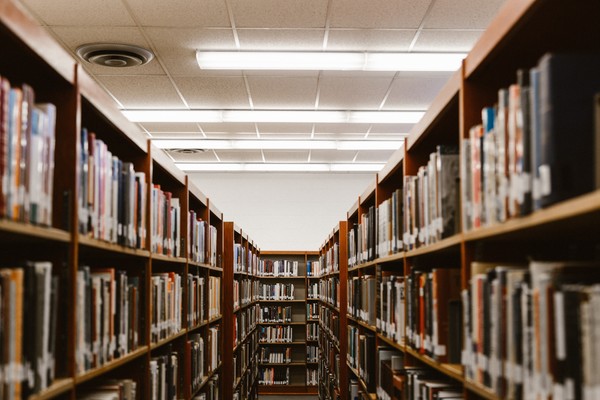The ongoing deregulation of Korean universities

UNIVERSITIES IN Korea have long been subject to stringent government regulations, which impose various restrictions from the organization of majors to student selection criteria. Yet, in light of criticism regarding such regulations’ role in hampering schools’ ability to adapt to the rapidly changing education environment, the Ministry of Education is now entering the final stages of the lawmaking process for deregulating universities. This new policy features a multitude of changes to the amount of government oversight provided to universities. Its significant consequences have triggered much dispute over its effectiveness.
Overview of university deregulation
The most significant change brought forth by university deregulation is the drastic increase in freedom provided to schools, with regard to their major quotas. Universities will now be free to decide the number of students and faculty allocated to each major. Regulations mandating the existence of certain majors will be lifted, making it easier for schools to create new majors, combine existing ones, or remove them altogether[1]. Furthermore, the new policy is geared towards allowing universities to establish more interdisciplinary majors, benefiting students who want better job prospects or those who wish to explore multiple areas of study and discover their passion. A greater allowance for newly hired faculty is also built into deregulation, enabling universities to fill up to a third of faculty positions with new recruits. The current legislative restrictions requiring the Ministry of Education’s permission for online courses will largely be eliminated, enabling universities to open such classes however they see fit[2]. Finally, there will be a greater push toward freedom in major selection. Students are likely to be given a choice of major in their freshman year, instead of selecting one during their university admission process.
The controversy over deregulation
University deregulation is currently a subject of intense debate within the education community. Proponents assert that it will be more effective in preparing universities to deal with rapidly changing education trends, as schools will no longer be hamstrung by archaic and restrictive regulations. Specifically, through the reorganization of their majors, deregulation will allow universities to streamline their organization in light of the projected decline in university-age students[3]. Increased interdisciplinary education could serve to differentiate universities from other forms of educational resources. Moreover, universities can guarantee better employment prospects for students, as the elimination of major restrictions grants students more space to select majors that have higher preference from employers.
However, opponents of deregulation are quick to point out its various drawbacks. For one, the deregulation triggering a greater emphasis on preparing students for employment could lead to the neglect, and in the long run atrophy, of education in the basic arts and sciences[4]. This decline in foundational academic development may culminate in lower human capital and stunted national growth. Another concern is reduced research output. Universities are not institutions geared solely towards educating students and training them for employment; they also conduct research to advance knowledge in various academic fields. An excessive emphasis on “educating for the job” could draw valuable resources and human capital away from research. This is a particularly daunting issue as Korean universities’ research competitiveness is already in the lower spectrum internationally, placing 47th out of 64 countries. In addition, many question the long-term stability of university deregulation. Similar policies have been suggested multiple times in the past, only for specific details to be modified or struck out by the next administration[6]. Such dearth of continuity would only trigger confusion and a lack of a consistent vision among universities. Finally, deregulation could widen the gap between prestigious universities in metropolitan cities and less prominent ones in the regional provinces[5]. Currently, top-ranked universities have enough student demand to keep their less marketable majors alive, even if more desired ones are to be expanded. However, regional schools would have to entirely shut down some majors, as student demand is too small to expand certain majors while also retaining others. This would inevitably result in loss of employment for many and may even compel laid-off university staff to migrate to cities in search of work, providing larger universities with an even more fertile recruitment pool.
The status quo and future outlook
University deregulation is currently in the last stages of the legislative process. It successfully underwent legislative notice from July 29 to August 8, during which the law’s specific details were revealed to the populace and public opinion was gauged[7]. Following negotiations between relevant stakeholders and government departments, the new policy is expected to be officially ratified in early 2024.
The declining university student population and the increasingly interdisciplinary skills required for future employment demand universities to adapt according to new trends. And because abundant information is available outside of school, universities must strive to offer opportunities the Internet or alternative education channels do not. Aware of such necessities and enabled by deregulation, universities will likely embrace a wider array of roles to increase their competitiveness, ranging from startup support to global citizenship education.
[1] The Kyunghyang Shinmun
[2] The JoongAng
[3] University’s Line
[4] The Hankyoreh
[5] Korean Higher Education Research Institute
[6] University News Network
[7] Ministry of Government Legislation

